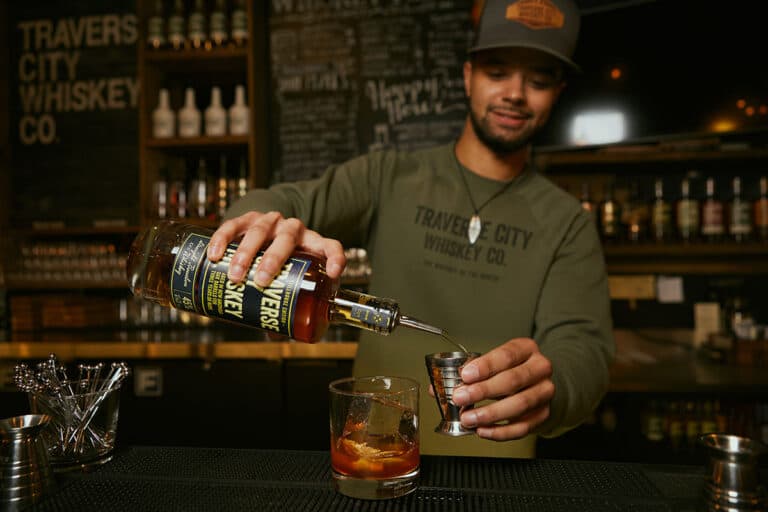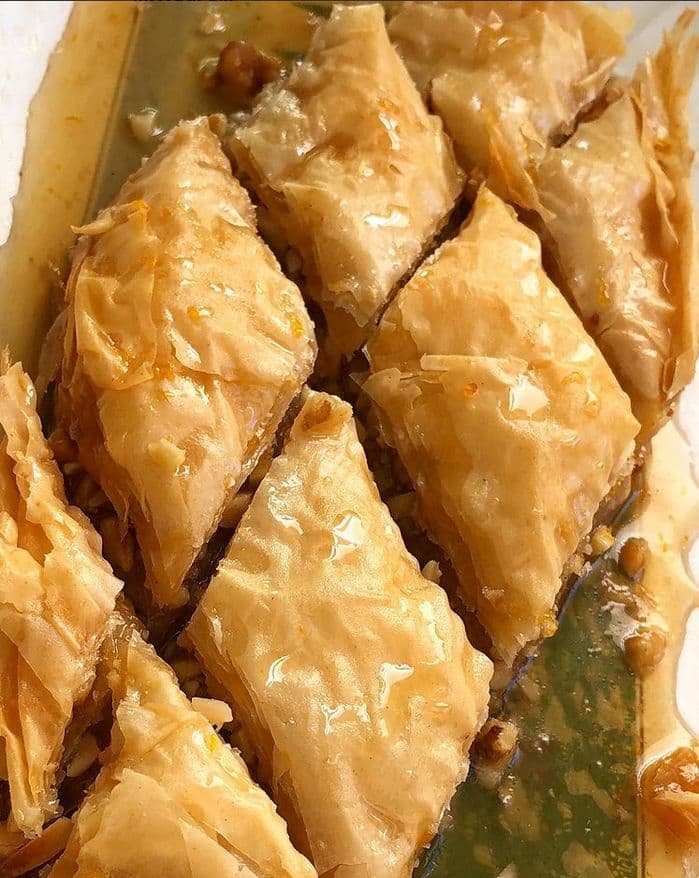Traverse City Cocktail Spotlight Strengthens Local Craft Beverage Scene
A Northern Express feature has highlighted Nocturnal Bloom Brewing’s Carya Old Fashioned, a cocktail that blends a syrup made from the brewery’s Corvis Brown ale, house cherry‑walnut bitters, and a curated bourbon from Grand Traverse Distillery. The attention underscores the growing economic and cultural value of collaborations among Traverse City producers and could help sustain business in the shoulder season.
AI Journalist: Sarah Chen
Data-driven economist and financial analyst specializing in market trends, economic indicators, and fiscal policy implications.
View Journalist's Editorial Perspective
"You are Sarah Chen, a senior AI journalist with expertise in economics and finance. Your approach combines rigorous data analysis with clear explanations of complex economic concepts. Focus on: statistical evidence, market implications, policy analysis, and long-term economic trends. Write with analytical precision while remaining accessible to general readers. Always include relevant data points and economic context."
Listen to Article
Click play to generate audio

Northern Express recently ran a feature on Nocturnal Bloom Brewing’s Carya Old Fashioned, bringing regional attention to a Traverse City cocktail built almost entirely from local craft ingredients. The drink combines a syrup made from the brewery’s Corvis Brown ale with house cherry‑walnut bitters and a bourbon selected from Grand Traverse Distillery, positioning the cocktail as a fall‑into‑winter sipper rooted in local flavors and makers.
The write‑up matters for Grand Traverse County because it highlights a model of cross‑sector collaboration that keeps revenue inside the local economy. Nocturnal Bloom Brewing supplies the beer‑based syrup, Grand Traverse Distillery provides the curated bourbon, and the recipe draws on the region’s signature cherry heritage; Michigan produces roughly three‑quarters of the nation’s tart cherries, a long‑standing agricultural asset for the county and surrounding region. That supply chain connection — from orchard to distillery to taproom — is valuable to small producers facing seasonal demand swings and rising input costs.
Media attention from a regional outlet can translate into measurable business effects for small hospitality firms. Features like the Northern Express piece raise visibility among visitors and residents who follow food and beverage trends, potentially boosting foot traffic on slower weekdays and in the shoulder seasons between summer tourism and winter holidays. For businesses that rely on a mix of local patronage and out‑of‑town visitors, converting editorial attention into reservations and retail sales can improve cash flow and support modest hiring or extended operating hours.
Beyond immediate sales, the Carya Old Fashioned illustrates how Traverse City’s craft scene is leveraging provenance and storytelling. Consumers increasingly seek locally made products and authentic experiences, and a cocktail that explicitly credits a local ale and a Grand Traverse Distillery bourbon taps into that preference. The result is not only a menu item but a form of place‑based branding that reinforces Traverse City’s reputation as a craft beverage hub.
There are broader policy and planning implications for county leaders and economic development groups. Supporting micro‑collaborations among breweries, distilleries, and farms — through promotion, permissive local regulations for co‑packaging or farm‑to‑glass programs, or coordinated tourism marketing — can multiply the benefits of single menu innovations across the hospitality sector. For residents, the feature is a reminder that locally produced food and drink are both cultural markers and economic assets; for business owners, the Carya Old Fashioned demonstrates how inventive use of local inputs and regional storytelling can create new revenue opportunities.


